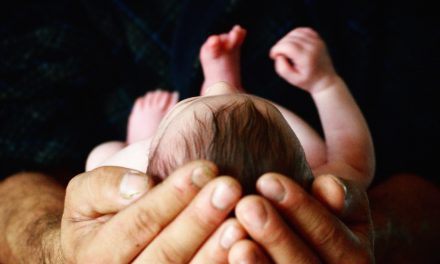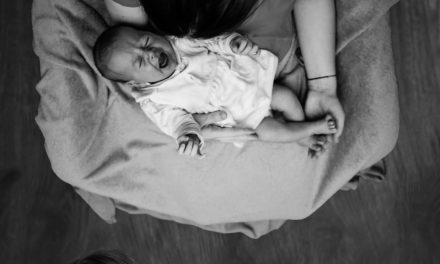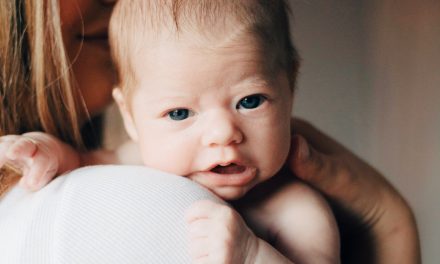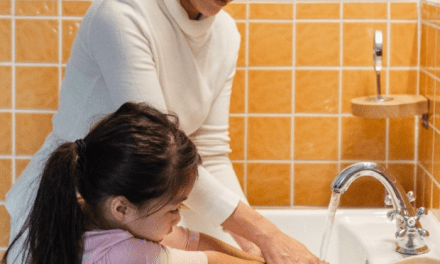Since the emergence of Covid-19, neonatal care has become even more essential. Many crucial transitions have crept into the healthcare industry. Especially for mothers and neonates, it has formed a state of alert. Numerous journals have examined the outcomes of infants born to mothers suspected or infected with SARS- CoV-2 infection. This article shall expand on how to provide neonatal care during this phase.
Symptoms of Covid-19 in Neonates
In newborns, signs of acquiring Covid-19 infection are pretty unusual. Most have asymptomatic disorders or mild diseases that do not require respiratory aid, even if contaminated. It is infrequent when a neonate requires any mechanical ventilation. Registered cases of such type have an insignificant count. Although, premature infants (having gestational age<37 weeks) and those with pre-existing medical conditions are at higher risk of severe illness. To learn more about symptoms and preventions for neonatal care during Covid-19, read this blog.
How to Get Started with Testing
Specialists advise infected mothers or those having symptoms of Covid-19 to undergo testing. Even if their neonate does not have visible signs, it is still necessary. Instead, consider having an alternative diagnosis if the infant has any visible infection symptoms.
When to Test?
- If the neonate has no visible symptoms, caretakers should perform testing at about 24 hours of age. It becomes even essential for mothers contaminated or supposed with Covid-19.
- Repeat the test once after 24 hours if the initial result is negative or unavailable.
- A single test is advisable for neonates having no symptoms. Also, conduct a test between 24-48 hours for those expected to get discharged within 48 hours of birth.
How to prioritize Neonatal Testing?
The areas with limited testing availability should prioritize testing for infants based on their signs. Neonates with exposure to SARS-CoV-2 or those requiring extended hospitalizations (<48-72 hours, depending upon their delivery mode) need higher levels of care than others.
Understanding and Restrictions of Testing for Covid-19
The exactly suitable timing for testing after birth is yet unknown. Tests done quite early after birth may lead to false results. Hence, it is preferable to conduct testing as per the proposed directives.
How to Prevent Infection And Provide Care To The Newborn?
Various factors do not affect the rates at which Covid-19 infections get transmitted into infants. These may include mode of delivery, contact with the infected mother, or feeding practices.
- Isolate mothers with suspected or confirmed infections from companion mothers and their babies. As per the recommended infection prevention and control practices, authorities should assist such cases for a standard delivery experience.
- Allow isolation of infants only when it is a real emergency. Prevent admission of suspected or confirmed Covid-19 infection cases into Neonatal Intensive Care Unit.
- A NICU may be the only appropriate environment for proper care of a newborn in a few hospitals. One should determine the best placement at the structure level in such a case.
Is Restriction on Mother and Neonatal Contact Required?
Earlier and close contact between a mother and her child has multiple long-lasting benefits. A perfect setting for the care of a healthful neonate is besides its mother, during the hospitalization. Various pointers may get added to this discussion.
- An infant living in the same ward as its mother is the best feeling ever. It helps deliver better learning and response to signals while breastfeeding.
- Mothers who choose to breastfeed must practice essential safety measures. These should include wearing a mask and hand sanitization at regular intervals. It helps to minimize the possible contamination of infection through physical exposure. For details on breastfeeding practices to assist neonatal care during Covid-19, check out this article.
- It also boosts family-centered management and promotes parent education for infant care to prevent infections and other control practices.
- Separation may be necessary in cases where the mother is too sick to handle supervision. Also, when she requires an elevated level of medical assistance.
- It is advisable to isolate newborns having increased risks of intense illnesses. These may include any existing medical conditions, preterm infants, or infants requiring special care).
How to Minimize Risks in Infants?
There can be instances when the newborn has continuous exposure to a mother suspected or confirmed to have Covid-19 infection. One can make efforts to limit the risk of transmission to a minimum requisition. Some of the measures include:
- Planning controls such as active social distancing (physical distance>6 feet) between mother and baby should be brought to practice whenever possible.
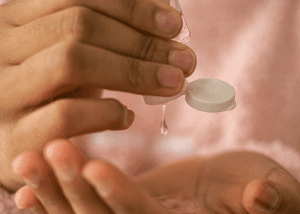
Following Safety Measures Such As Hand Sanitization At Regular Intervals Helps To Prevent Transmission Of Virus.
- Wearing a mask and performing frequent sanitization practices are highly recommended.
- It is advisory to educate the mother and nurses or other hospital staff for the use of incubators, if required. This will essentially avoid the risk of falling.
- Shift the newborn’s charge to a healthy caretaker. The concerned person should not have suspicion or be infected with any severe illness. Implement preventive steps and control whenever possible.
Overview On Neonatal Care
Discharge process initially does not require the SAS-CoV-2 testing for neonates who meet usual clinical criteria. The management should share results, if available, from the newborn’s test with the parents and the concerned healthcare provider.
Parents and guardians should follow advice to learn when to end home isolation. Newborns with confirmed or suspected Covid-19 need tight follow-up after their release.


